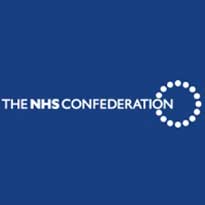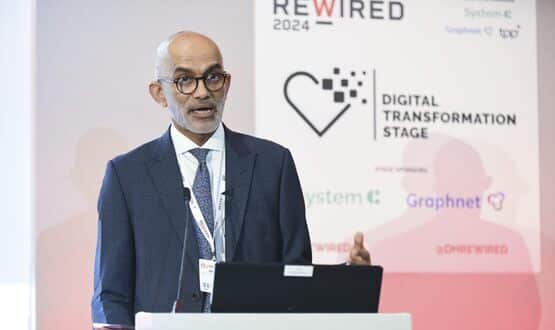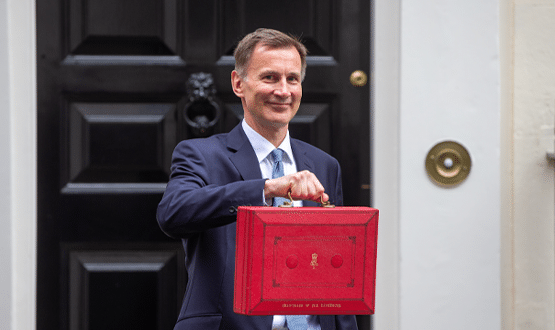NHS managers reject Ofsted ratings
- 3 June 2013

NHS managers have rejected the idea of ‘Ofsted-style ratings’ for hospitals – one of the government’s big planned responses to the Francis Inquiry into the scandal at Mid Staffordshire NHS Foundation Trust.
More than seven out of ten respondents to a survey for the NHS Confederation said the introduction of ratings and the creation of a new post of chief inspector of hospitals would not improve quality of care.
The Nuffield Trust has already warned the government that it should think carefully before introducing new ratings; but this is still expected to form a major plank of its response to the Francis report this summer.
The government announced last week that Professor Mike Richards, its Cancer tsar, would take up the chief inspector post.
The survey found more support for the promised statutory duty of candour for providers, which was backed by just under seven out of ten respondents, and extra training for student nurses.
However, overall the annual research ahead of the NHS Confederation’s conference in Liverpool this week, found that managers are in a gloomy mood about NHS finances and the impact that these could have on access to and quality of NHS care.
Just under a quarter of respondents (22%) said the financial pressures they were facing were “the worst I’ve ever seen” while another four out of ten said they were “very serious, but not the worst I have ever experienced.”
More than eight out of ten (83%) said they expected financial pressures to increase over the next year, as the NHS heads into the third year of the ‘Nicholson challenge’ to find £20 billion of efficiency savings to bridge the gap between flat funding and rising costs and demand.
The challenge was set by NHS chief executive (now NHS England chief executive) Sir David Nicholson in 2008 to try and prevent the lengthening waiting lists, less well maintained facilities, and care scandals that have characterised previous contractions.
But the survey found that a third of respondents (32%) expected access and quality to deteriorate.
Asked what would happen if the NHS failed to reorganise and create integrated services, two thirds (61%) said the NHS would be left with an unsustainable service, while a third thought patient experience would suffer and just over one in ten thought the quality of care would fall.
NHS Confederation chief executive Mike Farrar warned in a recent interview with EHI that the NHS needed to start making fundamental changes to cope with the challenges facing it: using IT to make better informed decisions and to deliver care in new ways.
In response to the survey, he said: “In the short term the NHS is holding it together. But the sticking plasters on the creaking parts of the system will only last so long.
“Effective, long-term change will require NHS leaders, with the support of public and politicians, to take up the gauntlet and see through some radical changes in the way we deliver care.”
Only a third of survey respondents thought the government recognised the challenges on the NHS, while 71% thought it did not. The survey was completed by 185 organisations, or 56% of the NHS Confederation’s membership base.




